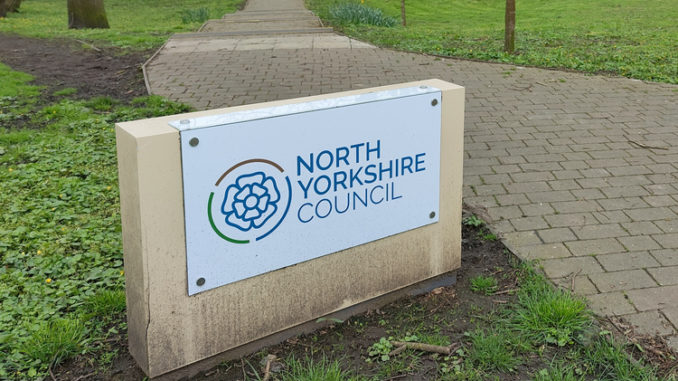
North Yorkshire Council says it would be “unsustainable” to welcome more than 55 refugees a year into the county due to pressures on housing and local services.
The council has responded to a government consultation on its plans to determine an annual cap on the number of refugees that can resettle in the UK each year.
These would be arrivals through so-called safe and legal routes and does not include Ukrainian refugees or Afghan citizens who worked with the UK government during the Afghanistan conflict.
The government says the cap will mean refugees can be “properly supported and integrated” into communities.
It forms part of the Illegal Migration Act, which also includes the government’s controversial plan to send illegal migrants to Rwanda.
According to a document that will be discussed by the North Yorkshire Council’s Conservative-run executive on Tuesday, the council said the large number of arrivals from Ukraine and to a lesser extent Afghanistan has limited its ability to host more refugees.
The council said: “We concluded that resettling more than 55 people a year under safe and legal routes would not be sustainable due in large part to the number of recent arrivals (Homes for Ukraine and Afghan ARAP), the lack of affordable housing available especially for larger families, and other competing service pressures and demands.”
Since the start of the Homes for Ukraine scheme in 2022, there have been 1,452 arrivals to North Yorkshire. Of these, 1,008 have moved on from their initial sponsor’s home with 569 going into private or social housing and 231 returning to Ukraine.
A total of 603 Ukrainian children have been integrated into the county’s schools or colleges.
In the third quarter of 2023, builders completed 152 affordable homes in Harrogate with 10 of these providing council houses to refugees from both Ukraine and Afghanistan.
Speaking in October when the cap was announced, former immigration minister Robert Jenrick said: “The unacceptable number of people making illegal, dangerous and wholly unnecessary small boat crossings is placing an immense strain on housing and services across the UK.
“As part of the Illegal Migration Act to stop the boats, we will bring in a cap on our safe and legal routes informed by the capacity of local authorities. This will ensure that we do not take more refugees than our public services and communities can cope with and that the refugees we do decide to take can be properly supported and integrated.”


Be the first to comment